By: Baylie Spring
“Grief is like the ocean; it comes in waves ebbing and flowing. Sometimes the water is calm, and sometimes it is overwhelming. All we can do is learn how to swim.” – Vicki Harrison
Grief is defined as deep sorrow, especially after someone’s death and loss is the fact or process of losing something or someone. I have experienced my fair share of both at a young age. I was 7 years old when I lost my grandfather to health-related issues and that was an extremely tough time in my life. I did not have a good understanding of death and why it occurred, and I just remember wanting to find someone to blame to make the pain go away. The support of my close-knit family was the only thing that got me through that rough time in my life. Many years later, I experienced this pain once again. In mid-September of this year, I lost my aunt from a brain tumor, she had been suffering through for about 20 years. Although the loss was not a surprise, it is still painful to endure. Two daily thoughts help me to continue to heal. The first is remembering her as a light in my life and how positively she impacted my life. The second would be knowing that she is no longer suffering in pain and is in a better place. As a religious woman, I have also been leaning on God and my prayer life to continue on this healing journey.
Grief and loss can look very different for everyone, and have nothing to do with death. Loss can be losing your job, health, financial loss, divorce, friendship loss, loss of possessions from a natural disaster, etc. All of these losses can be a hard transition for anyone. As social workers and therapists, we know grief and loss therapy can be used to help our clients navigate these hard times.
Grief and loss therapy can be very complex for a therapist to navigate but can be very liberating for the client, no matter the situation. The healing process is never ending, but as you progress further along, time and intentionality to heal can make it easier to endure. According to Virginia Commonwealth University, grief's common symptoms can be shock, disbelief, denial, sadness, anger, resentment, anxiety, shame, guilt, and so much more. It can also manifest physically through fatigue, nausea, loss of appetite, pains and aches, and heart palpitations. There are five stages of grief, most experience some if not all of these stages during their journey. The stages are as follows: denial, anger, bargaining, depression, and acceptance. As clinicians, we know grief can look very nontraditional and is not a linear process. One day our clients can be at one stage and the next they can be at another; and that is ok. Virginia Commonwealth University provides several useful activities for therapists working with a client grieving. The activities could be grieving as a verb, restoration-oriented activities, loss-oriented activities, talk therapy, and companioning.
There are resources here in Nashville there are grief support groups such as Vanderbilt Grief Support Group and Alive Hospice and so many more. There are even national resources available as well. These are SAMHSA, National Crisis Hotline, and Crisis Textline, and for pet loss, there are resources for that as well. As you can see, grief and loss can be very nontraditional and nonlinear. My experiences are going to be different from your experiences and that is okay, but taking ownership of your healing process can be the turning point. Losing something can also be an opportunity for growth. I know from experience, grief can be painful and hard to see past but help is available.


